One of the most important parts of a home’s plumbing system is the hot water heater, and it uses up to 30% of the average homeowner’s energy expenses. When it comes time to buy a new one, whether for a home remodel, a new building or because the old one died, you have quite a few options available.
One type that is becoming more popular is the tankless type. Until recently they were used mainly for cabins and other properties that saw only occasional use and had no need for a constant hot water supply. However, they are becoming more popular for residential use due to their energy-saving features. Tankless water heaters save energy by heating water when there’s a demand for it instead of keeping a reservoir warm all the time. Before you make your decision, the following factors need to be taken into account.
 Size Tankless water heaters come in sizes to accommodate a single room to an entire house. To find out what size you need, consider how many appliances will be needing hot water. The higher the simultaneous demand, the bigger the size you’ll need. Fuel Water heaters can be run by electricity, propane, or natural gas. As you’re doing your research, take into account voltage requirements for the electrical options and what’s needed for sufficient ventilation for a gas system. Geographical Location Whether you live in a cold climate or warm climate will have an effect on how well the system operates. Naturally, if you live in Minnesota, the water will take more energy to heat than if you live in Florida. Usage If multiple people will be using hot water at the same time, the needed GPM (gallons-per-minute) will be higher than if only one person will. Think about what the appliances which need hot water, too. Generally, kitchens use more water than bathrooms, for example, but showers use more than dishwashers. You do have options here - either install a larger heater, or two smaller ones. One of the benefits of tankless heaters is that they don't need the space that traditional models do, and they often can be installed in a closet close to the point of use. Incentives Your local utility company may offer rebates and various states will offer tax credits when you install this type of system. Also, there are new federal income tax credits for installation of energy-efficient upgrades, so these may qualify as well. Paybacks Generally, tankless water heaters average around $800 to $1150, not including installation. This costs more than most traditional water heaters, but the unit will pay itself off with its 24% - 34% enhanced efficiency.
Size Tankless water heaters come in sizes to accommodate a single room to an entire house. To find out what size you need, consider how many appliances will be needing hot water. The higher the simultaneous demand, the bigger the size you’ll need. Fuel Water heaters can be run by electricity, propane, or natural gas. As you’re doing your research, take into account voltage requirements for the electrical options and what’s needed for sufficient ventilation for a gas system. Geographical Location Whether you live in a cold climate or warm climate will have an effect on how well the system operates. Naturally, if you live in Minnesota, the water will take more energy to heat than if you live in Florida. Usage If multiple people will be using hot water at the same time, the needed GPM (gallons-per-minute) will be higher than if only one person will. Think about what the appliances which need hot water, too. Generally, kitchens use more water than bathrooms, for example, but showers use more than dishwashers. You do have options here - either install a larger heater, or two smaller ones. One of the benefits of tankless heaters is that they don't need the space that traditional models do, and they often can be installed in a closet close to the point of use. Incentives Your local utility company may offer rebates and various states will offer tax credits when you install this type of system. Also, there are new federal income tax credits for installation of energy-efficient upgrades, so these may qualify as well. Paybacks Generally, tankless water heaters average around $800 to $1150, not including installation. This costs more than most traditional water heaters, but the unit will pay itself off with its 24% - 34% enhanced efficiency. When you do your research about your individual water usage and available products before making a purchase, with a tankless water heater (or two) you may be able to reduce your energy costs without sacrificing comfort or convenience.
At Quarve we specialize in exterior remodeling services, but we're committed to the overall idea of green building practices and products, and so we're pleased to pass on information that may help our readers have a more energy-efficient home.Subscribe to Quarve Contracting's Blog


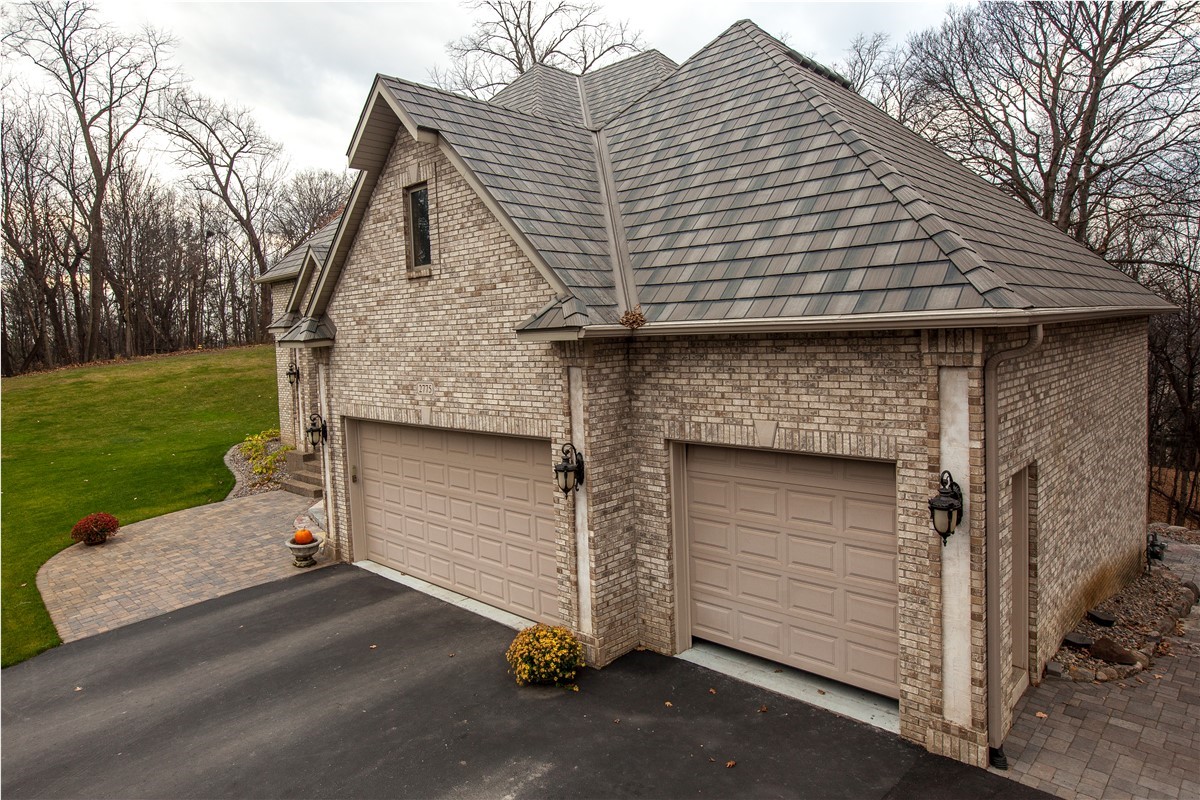
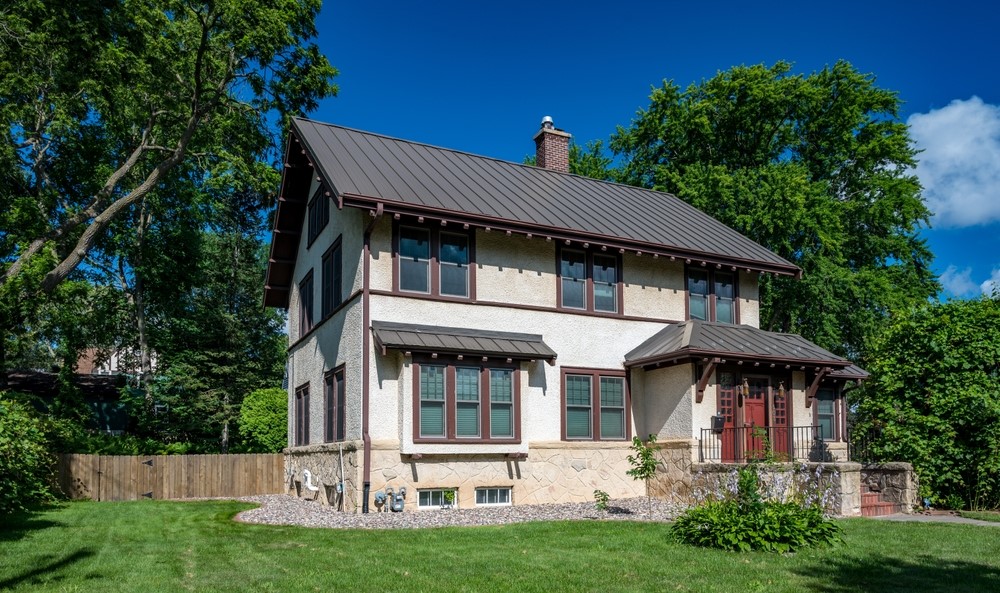
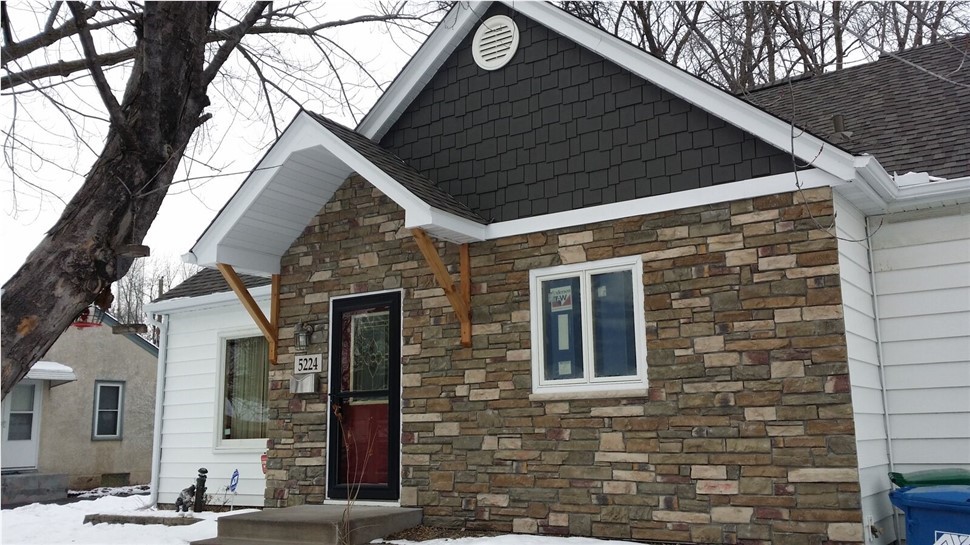
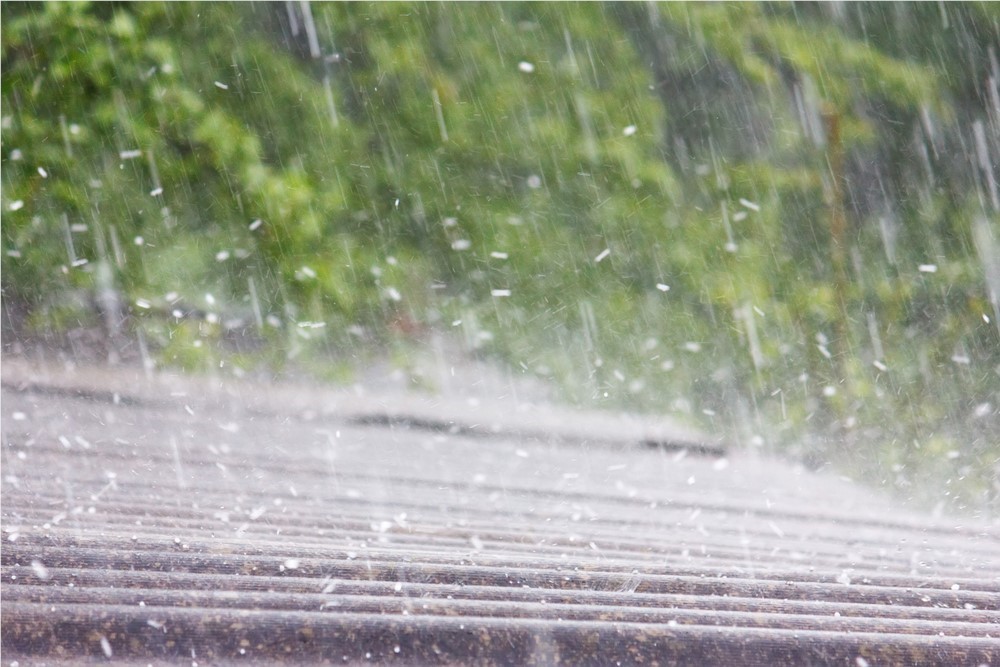
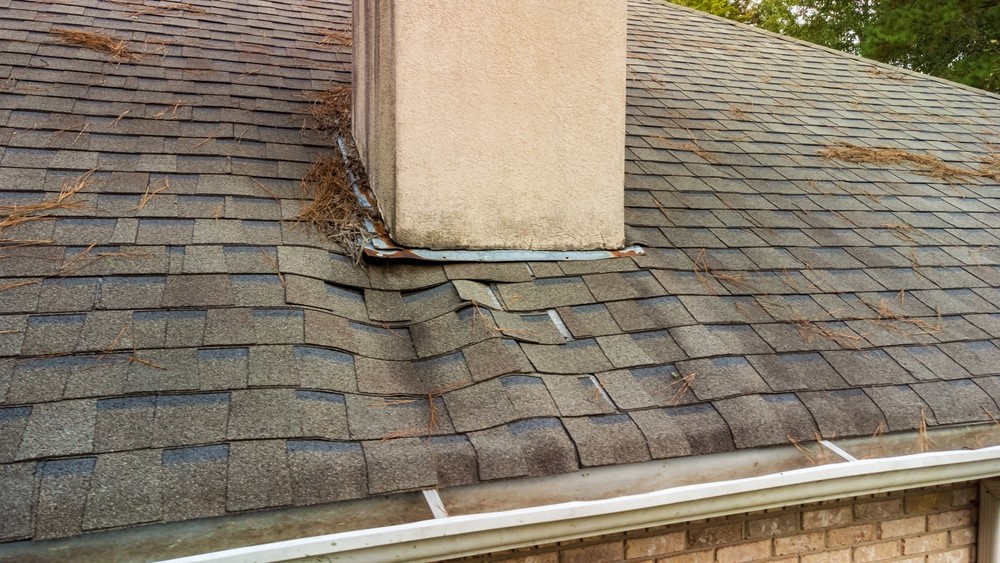
Comments